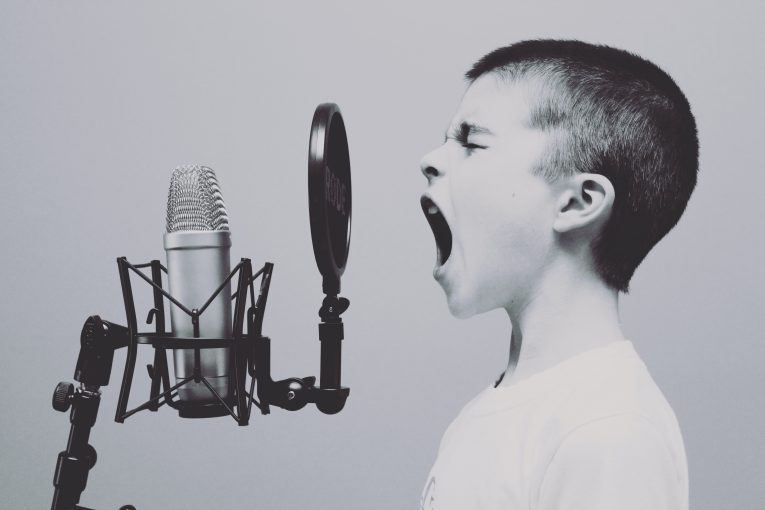
The Psychology Consultation Unit (UKP) on Friday (18/11) held a webinar entitled “Dear Little Me, It’s not Your Fault”. The event was held online with Amalia Nur Aisyah Tuasikal, Psychologist as the moderator. Meanwhile, the resource person was delivered by Annisa Poedji Pratiwi, Psychologist and Ernawati Widyaningsih, Psychologist. It is hoped that through this event the participants who take part will get the opportunity to learn more about the relationship between the inner children and also the traumatic events that have been experienced in the past.
Before heading to the main event, Restu Tri Handoyo, Ph.D Psychologist as the head of UKP was present to give a speech. “Maybe what I need to say is that today’s event is UKP’s effort to provide more benefits for as many people as possible. So that UKP does not only have the UGM academic community or the Faculty of Psychology, but also provides broader benefits to the public.”
After Restu gave his remarks, the event continued with the first session delivered by Annisa Poedji Pratiwi, Psychologist. In this session, Annisa explained the relationship between trauma and the inner child born from Adverse Childhood Experiences (ACEs). In addition, the inner child can also be understood as a part of oneself that has a “childish” way of thinking, feeling, behaving, and acting inside an adult. “So, there is a little one whose way of thinking, feeling, behaving, acting is childish even though he is an adult,” explained Annisa.
“That the inner child is neutral and when the inner child is healthy, the presence and existence of the inner child within us can empower ourselves to grow into more optimal adult individuals.” A healthy and empowering inner child consists of good curiosity about new things around us, spontaneous & free to explore things that are foreign to oneself, energetic, passionate, storytelling, creative, focused, and fun when doing something.
Annisa also said that don’t blame the inner child as a scapegoat. “Inner child is neutral, friends. Inner child only tells us that there is something in the past that we need to process, that we need to restore so that our inner child can return to health and power so that we can grow into optimal adult individuals.”
Then, how do you find out inner child? This was conveyed by Ernawati Widyaningsih, Psychologist in the second session. First, the way to know the inner child is to be aware. “Be aware of positive and/negative past experiences. Of course, our life experiences are diverse,” explained Ernawati.
Then, identify inappropriate responses or triggers. It can be a situation, condition, or who is the person who can be the trigger or hidden desire and need. Then take action by taking responsibility. It relates to the need to do something at once as a form of expression. Next, foster and assist the inner child by meeting their needs and making friends. “Learning to be friends, not when we know there is a wound inside, we actually “beat” ourselves with obligations. It should be this, it should be that, “explained Ernawati.
Photo by Jason Rosewell on Unsplash
